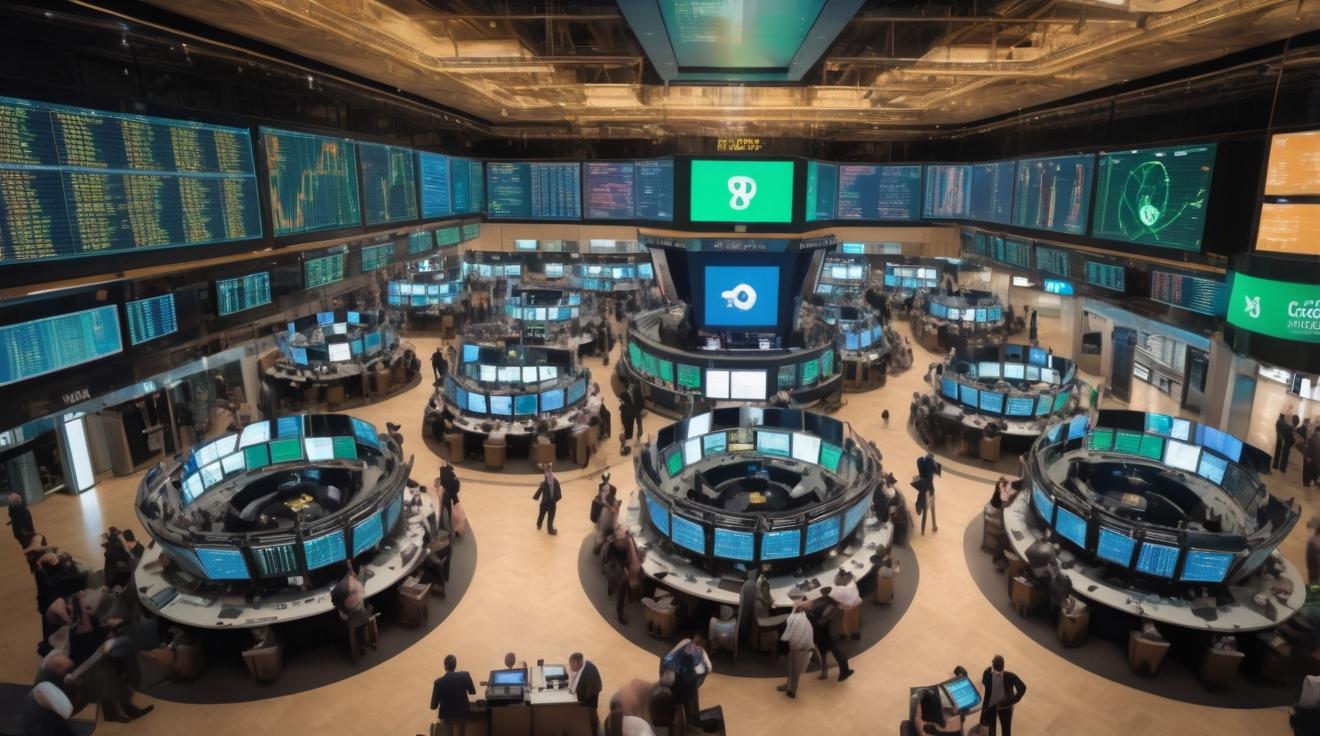Understanding the Shift in Investment Sentiments
European firms are increasingly cautious about investing in China. This shift is influenced by a combination of market complexities and geopolitical tensions. In recent years, China has been a lucrative market for European businesses due to its large consumer base and growth potential. However, recent developments have altered this perception.
Geopolitical Tensions
One major factor contributing to this hesitation is the geopolitical climate. The ongoing trade tensions between China and Western countries, including various sanctions and tariff disputes, have made European investors wary. For instance, a European company considering setting up a manufacturing plant in China might think twice due to potential future tariffs, which could directly impact their cost-efficiency and profitability.
Regulatory Challenges
The regulatory environment in China is another critical concern. European companies often face challenges such as stringent regulations and a lack of transparency. These can create an unpredictable business environment. Imagine planning a new product line launch without clear guidelines; this uncertainty can be a significant deterrent.
Economic Factors
Moreover, China's economic growth, while still robust, is showing signs of slowing down. The real estate sector, a substantial part of the Chinese economy, has been under strain, causing ripple effects across various industries. For a European firm investing in real estate or related sectors, this slowdown translates to higher risks and lower potential returns.
Shift in Global Supply Chains
Another contributing factor is the shift in global supply chains. The COVID-19 pandemic has prompted many companies to reevaluate their supply chains, leading to a push for diversification. European firms are increasingly considering other markets like Southeast Asia and India as potential investment destinations. For example, moving a segment of production to Vietnam might offer lower labor costs and reduce dependency on a single country's economic stability.
Impact on Future Investments
As a result of these challenges, the future of European investments in China remains uncertain. Companies are expected to adopt a more cautious and strategic approach, weighing the risks and benefits more rigorously than before.
This shift in investment sentiment underscores the importance of understanding the complex dynamics of international markets and adapting strategies accordingly. European businesses must navigate these challenges with a well-informed, strategic mindset to ensure sustainable growth and profitability.













